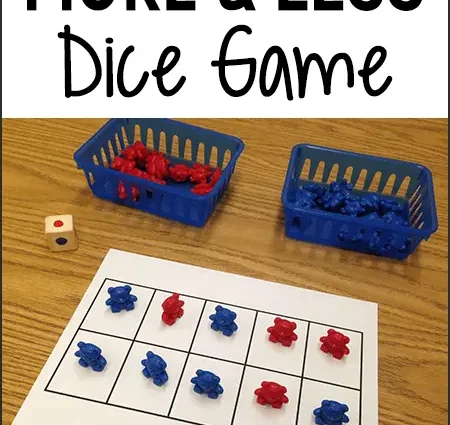Contents
Every parent, to the best of his ability, tries to give the child the best – to start developing him as early as possible. But in this case, the best is sometimes the enemy of the good. We talk about the five main mistakes that parents and caregivers make in an attempt to raise a young genius out of a child.
1.Develop skills, not a child
In a child without congenital developmental features, if desired, almost any skill can be trained. It is quite possible to teach him to read and count, to recite poems by heart before his peers. This will probably arouse the admiration of friends and relatives, but will not prepare you for school and later life. Rather, the opposite is true.
The fact is that the child himself understands what games and activities he needs now in order to develop motor skills and physical skills. But physical development underlies both cognitive and psycho-emotional development. That is why correctional psychologists, working with young children with special needs, begin with movement disorders. So, for example, by giving the right toys to correct fine motor skills, you can prevent speech problems that would arise in the future.
A healthy child is drawn to what he needs. At first, he simply grabs various objects, twists and feels them. Then he starts playing with them. This sequence is connected with how the hemispheres develop: first the right one, which is responsible for processing symbols and images, and only then the left one, which is necessary for building logical connections.
Children don’t need “developers”. The best educational activity for a preschooler is free play. An adult should just be there, make sure that the child has something to play with. It is not necessary to buy tons of toys – just let him touch all the household items that are safe for him. But if this is not possible, send the child to a kindergarten where teachers encourage and support the free play of pupils.
2. Get ready for school
Some parents believe that if you start taking your child to “razvivashki” (developing classes) from the age of two or three, then by school age he will just master the rules of behavior and will be able to sit quietly at a desk in the first grade. But the function of the prefrontal cortex, which is precisely responsible for discipline, begins to form by the age of seven, when children usually go to school.
You cannot teach a child to discipline in advance. But if you let him play enough in early childhood, the skills necessary for self-regulation will be formed by school. Otherwise, you can get a little genius who has been able to read and write for a long time, but disrupts lessons due to behavioral problems.
3. Giving “educational gadgets”
It is believed that with the help of applications for smartphones and tablets, you can develop a child. Some of them are really useful, but only if there is an adult nearby. Suppose a child needs to do some kind of exercise for attention and memory. Just repeating it over and over again with a speech therapist or psychologist is boring, and then the application will help. Such classes usually last no more than half an hour and do not replace free play.
A preschooler, on the other hand, does not need gadgets and even harm them. Until the age of two or three, it is advisable not to give the child a smartphone at all (maximum – a few minutes for cartoons under the control of the parent), after three years and before school – you should limit communication with the gadget to an hour a day.
4. Hurry up with development
The famous psychologist Lev Vygotsky formulated the theory of sensitive periods – this is the time in a child’s life when it is easiest for him to acquire one or another skill. If such a period is missed, then it is extremely difficult to catch up. At the age of 1-1,5 to 3 years, it is easiest, for example, to teach children to order. You can cook together and then clean the dishes, ask the child to fold their toys, and so on. Do not have time to do this until the age of 3 – and, perhaps, then you will have to fight with a slut for the rest of your life.
5. Learn English from the cradle
Some parents strive to teach their child to speak English from an early age. Even at home they try to communicate in English so that the child learns it from the cradle. After all, he will learn Russian anyway. And everything would be fine, but in practice this approach rarely works. A parent who is not a native speaker himself will not be able to fully teach a child English. At the same time, children will not learn Russian either.
Everything has its time. The preschooler benefits from free games, it is in them that he trains both speech and imagination. And he will have time to master complex disciplines and skills when he is ready for this.
About the Developer
Elena Ignatieva — CEO of the educational platform , mother of two children.










